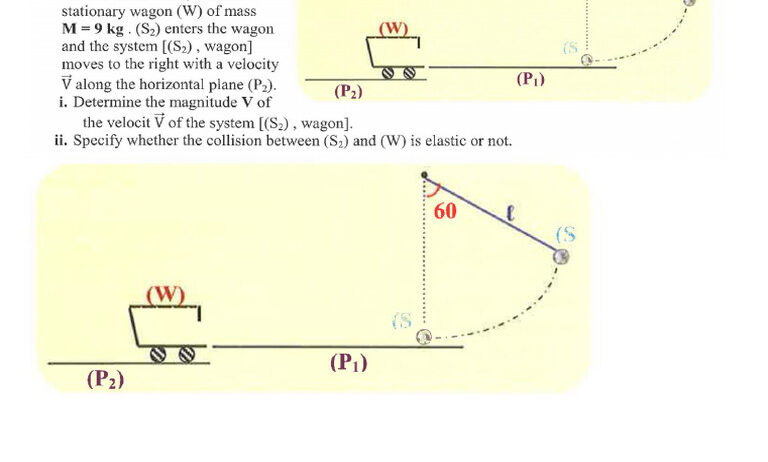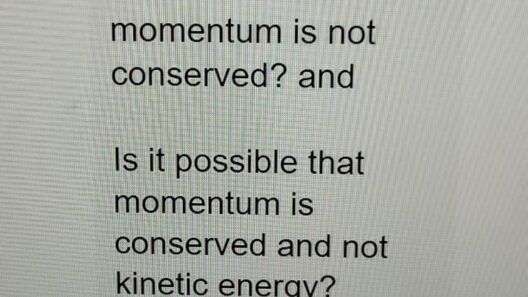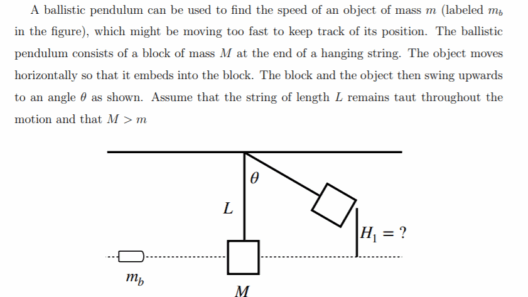The quest for energy conservation is both a pressing and profound necessity in the modern world. While many individuals and organizations advocate for reducing energy consumption, true energy conservation transcends mere reduction—it requires a comprehensive understanding of the environmental, technological, and societal conditions that underlie energy use. To grasp the conditions that must be fulfilled for genuine energy conservation, one must delve into several interrelated dimensions.
First and foremost, a fundamental prerequisite for true energy conservation is the establishment of comprehensive policies and frameworks that encourage sustainable practices across all sectors of society. Governments play a pivotal role in this regard. They must enact legislation that supports renewable energy systems, incentivizes energy-efficient technologies, and establishes stringent energy conservation standards. For instance, governmental rebates and tax credits for using solar panels or energy-efficient appliances can effectively shift consumer behavior towards sustainable alternatives. Moreover, regulations must be implemented to curtail energy wastage in industries, promoting accountability and sustainability as core business practices.
In addition to legislative measures, education and awareness are crucial components of the conditions required for effective energy conservation. Individuals must be enlightened about their energy consumption habits and how these habits impact the environment. This involves not only informing the public about the ramifications of excessive energy usage but also providing practical strategies for reducing their carbon footprint. Educational institutions, from elementary schools to universities, should incorporate sustainability into their curriculums, fostering a culture of conservation among future generations. When people understand the significance of energy conservation, they are more likely to adopt significant lifestyle changes that contribute to this imperative.
Technological advancements represent another vital element in the pursuit of energy conservation. The capabilities of renewable energy technologies—such as solar, wind, and geothermal—must be harnessed and expanded. However, the transition to a more sustainable energy paradigm is hindered by infrastructure limitations. Investments in modernizing energy grids, enhancing energy storage solutions, and developing smart technologies are essential. For example, smart meters empower consumers to monitor their energy consumption in real-time, allowing for more informed decision-making. Additionally, energy-efficient technologies in appliances and industrial processes can drastically reduce overall energy demand.
Furthermore, the role of behavioral psychology in energy conservation cannot be overlooked. Understanding the factors that motivate individuals to change their consumption habits is crucial. Concepts such as social norms, feedback mechanisms, and the framing of energy consumption data influence behavior profoundly. For instance, when individuals learn that their energy usage is significantly higher than that of their neighbors, they may feel compelled to reduce their consumption to align with community standards. Establishing social comparisons can serve as a powerful motivational tool in driving energy conservation efforts.
In tandem with these factors, economic viability is paramount. Energy conservation policies must demonstrate fiscal prudence, ensuring that the cost of implementing sustainable practices does not outweigh the benefits. This includes conducting cost-benefit analyses that account for long-term savings derived from energy efficiency initiatives. When organizations can present coherent financial arguments illustrating how energy conservation leads to cost savings, it resonates more effectively with both businesses and consumers, encouraging widespread adoption.
Moreover, it is essential to recognize that energy conservation is not a one-size-fits-all approach. Local conditions, cultural factors, and geographic characteristics must be considered when formulating conservation strategies. For instance, urban areas may benefit from different conservation initiatives compared to rural communities. Tailoring strategies to fit the specific context will enhance their effectiveness. Closer examination of localized energy dynamics can discern unique opportunities and challenges that must be addressed to maximize conservation efforts.
Challenges also arise from global economic systems and trade practices, which often prioritize profit over sustainability. The global energy market’s reliance on fossil fuels perpetuates a cycle of dependency and environmental degradation. To facilitate true energy conservation, there must be a concerted effort to shift economic incentives towards sustainable practices on a global scale. International cooperation and agreements can foster collective action, enhancing the potential for large-scale energy conservation initiatives.
The intersection of technological, psychological, and policy-driven factors creates a multifaceted landscape for exploring energy conservation. To achieve genuine progress, stakeholders across all sectors—governments, businesses, communities, and individuals—must collaborate and actively partake in this venture. Emphasizing collective responsibility can help instill a sense of urgency and mutual accountability. The climate crisis requires a response commensurate with its magnitude, and energy conservation must be woven into the very fabric of our decision-making processes.
Ultimately, the conditions for true energy conservation are not merely about implementing isolated strategies or technologies. Instead, they call for an integrated approach that recognizes the interconnectedness of environmental, economic, and social factors. As we move forward, it is imperative to champion not only the reduction of energy consumption but also to embrace transformative practices and policies that empower individuals and communities to forge a sustainable future. The impetus is on us to engage holistically with this issue, thereby unlocking the potential for authentic energy conservation that resonates far beyond mere numbers.








